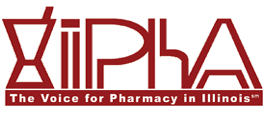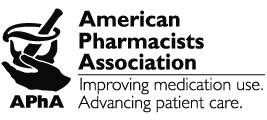How Can Unethical Conduct Affect a Psychologist’s Professional License?

Psychologists and therapists provide essential care for many people, helping them address issues related to mental health and working to ensure that they can maintain positive relationships with others. However, because psychologists discuss the sensitive details of people’s personal lives, they may sometimes be accused of unethical or unprofessional conduct. In these cases, a person may be investigated by the Illinois Department of Financial and Professional Regulation (IDFPR), and they may be subject to disciplinary action by the Illinois Board of Clinical Psychologists. Those who are facing discipline that could affect their professional license will want to work with an attorney to determine their best options for addressing these issues.
Forms of Unprofessional Conduct That Could Lead to License Discipline
There are multiple actions that a psychologist can take that could be interpreted as unprofessional or unethical, including:
-
Practicing outside of their area of competency. This may include offering or providing certain types of services that a psychologist is not qualified to provide due to a lack of education, training, or experience.
-
Disclosing personal information about a client. Psychologists are required to maintain provider/patient confidentiality, and they must usually receive express written consent before releasing any information about a client. Failure to obtain consent or failure to make sure a client fully understood how their personal information could be used may be considered unethical.
-
Making misleading claims about treatment. A psychologist may not make deliberate misrepresentations about the value or effectiveness of certain forms of treatment, such as guaranteeing specific results.
-
Committing fraudulent acts. This may include any form of deceptive or dishonest behavior, such as impersonating another licensed psychologist, allowing another person to use their license, paying or receiving fees or other forms of compensation for services that were not actually provided, or submitting fraudulent health insurance claims.
-
Sexual misconduct. A psychologist may be subject to discipline if they are accused of committing sexual abuse against a patient or staff member or engaging in sexual relations with a patient, a student they are supervising, or an ex-client within two years after the client last received treatment from them.
Contact Our Illinois Psychologist License Defense Lawyer
If you are a psychologist, you will need to respond quickly to any complaints against you or claims that you have behaved unethically. Failure to address these issues may result in multiple different forms of discipline, including the suspension, revocation, or refusal to renew your professional license. At The Law Offices of Joseph J. Bogdan, Inc., we can provide you with legal representation and make sure you take the right steps to protect your license and your career. Contact our Illinois professional license defense attorney today by calling 630-310-1267 to schedule a free consultation.
Sources:
https://www.ilga.gov/commission/jcar/admincode/068/068014000A00500R.html
https://www.idfpr.com/profs/Boards/PSY.asp














